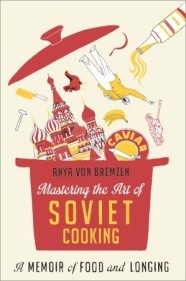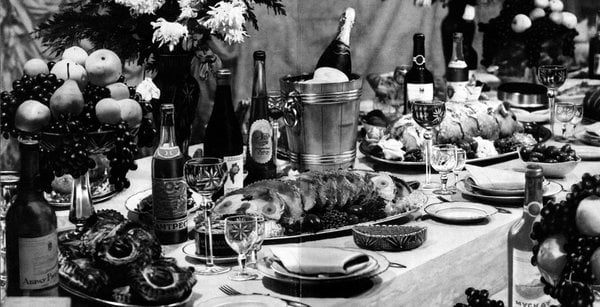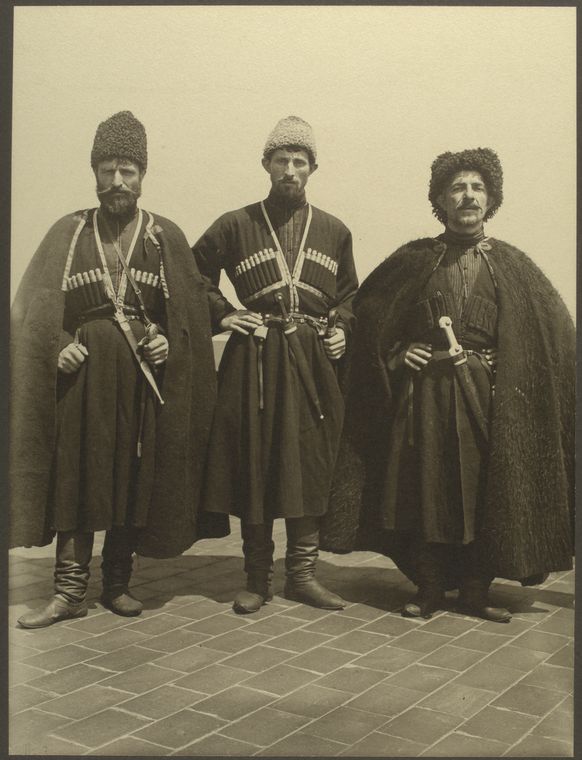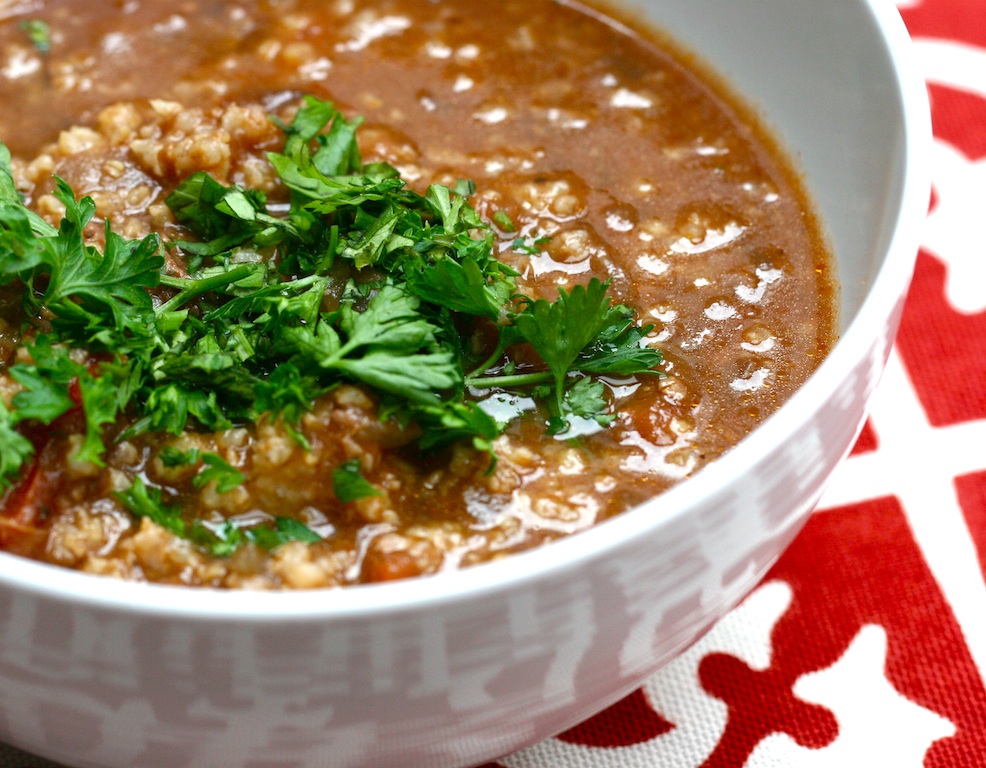Blog Archive
Dinner Table Conversation with Sarah Lohman and Anya von Bremzen
Anya von Bremzen, a James Beard Award winning food writer and author of the best-selling Mastering the Art of Soviet Cooking and Sarah Lohman, a historic gastronomist and friend to the Museum, both recreate historic recipes as a way to make a personal connection with the past. They took some time to talk turkey (okay, more like chebureki) in honor of Anya’s Tenement Talk on Wednesday March 19th at 6:30. Tickets to the event are free! More information here.
Sarah Lohman: Out of curiosity, do you still live in Queens? In the book, you mention your mother does. I’ve lived in Queens as long as I’ve lived in New York, and what I love the most about it is he incredible ethnic diversity of food. How has your Queens connection influenced your cooking and interest in food? Any restaurant recommendations?
Anya von Bremzen: Yes, I lived in Jackson Heights, Queens, two blocks from my mom. Jackson Heights is said to be the most multicultural community in the US, and when we moved here over two decades ago, it suddenly felt fine and empowering to be an immigrant, it became positive part of our identity. My previous books are about global cuisines: Latin American, Asian, Spanish, etc., and it was great top be able to find any ingredients I wanted right on my doorstep. I like La Portena Argentinean restaurant, and Chao Thai in Elmhurst.
Americans are very interested in Russia right now, since the Olympics just wrapped, and with the revolution in the Ukraine. But of course, this isn’t the first time – after reading your book, I feel like we’ve spent a long time gazing across the ocean at each other. How do you think the Olympics went? Do you feel Russia was accurately portrayed in the US media – or that Russia accurately portrayed themselves?
Well, it was some of the most politicized Olympics – and with good reasons, since it drew attention to Putin’s out-of-scale affirmation of Russia’s might and the corrupt expenditure involved. And though technically the Games went well, Russia was back in the negative spotlight for what it was (an imperialist bully) immediately after with the start of the Ukraine events.
Is there a food from your childhood in Russia that you crave? Are you able to recreate it here, and if not, why?
I actually crave chebureki, fried meat pies that happened to be a Crimean Tatar dish. And now with the events in Crimea, the dish acquires a political pathos. In Moscow of my childhood (and even today) it was a ubiquitous street food that people didn’t make at home. But one can get decent version at Cheburechnaya in Rego Park, Queens.
Have you or your mother blended Russian cuisine with American styles of cooking, or any of the other ethnic groups here? Or when you cook Russian–is it “pure”?
No cuisine is ever pure–emotionally–when transplanted across an ocean. That said, my mom cooks Russian dishes pretty much the way she did in Moscow.
What do you think are the greatest challenges to an immigrant coming to New York today? Is food an important part of the immigrant journey?
New York, especially hoods like Jackson Heights, might be a more welcoming place for an immigrant than many other American cities. You can always find your own community, there’s less of a culture shock. And yes, being able to find foods from your homeland helps ease the pain. We emigrated in 1974 to Northeast Philadelphia, a typical American suburbia where we couldn’t find the flavors we craved. But when a few years later we moved to New York, we felt finally at home.
I just bought the English translation of The Book of Tasty and Healthy Food. Could you explain a little about what that book is? Any recipe recommendations?
That book was truly the totalitarian kitchen bible. First published in 1939 under Stalin, it went through over a dozen editions, and is still popular. The original “Stalinist” editions – from 1939 and 1952 – has a ton of ideological sermonizing, then gradually the book got depoliticized keeping mostly the recipes. Try the recipe for kharcho, a Georgian meat and rice soup, or some of the salads from the appetizer chapters.
Thanks to Anya and Sarah! See more information about Anya’s Tenement Talk here.
– Posted by Lib Tietjen




